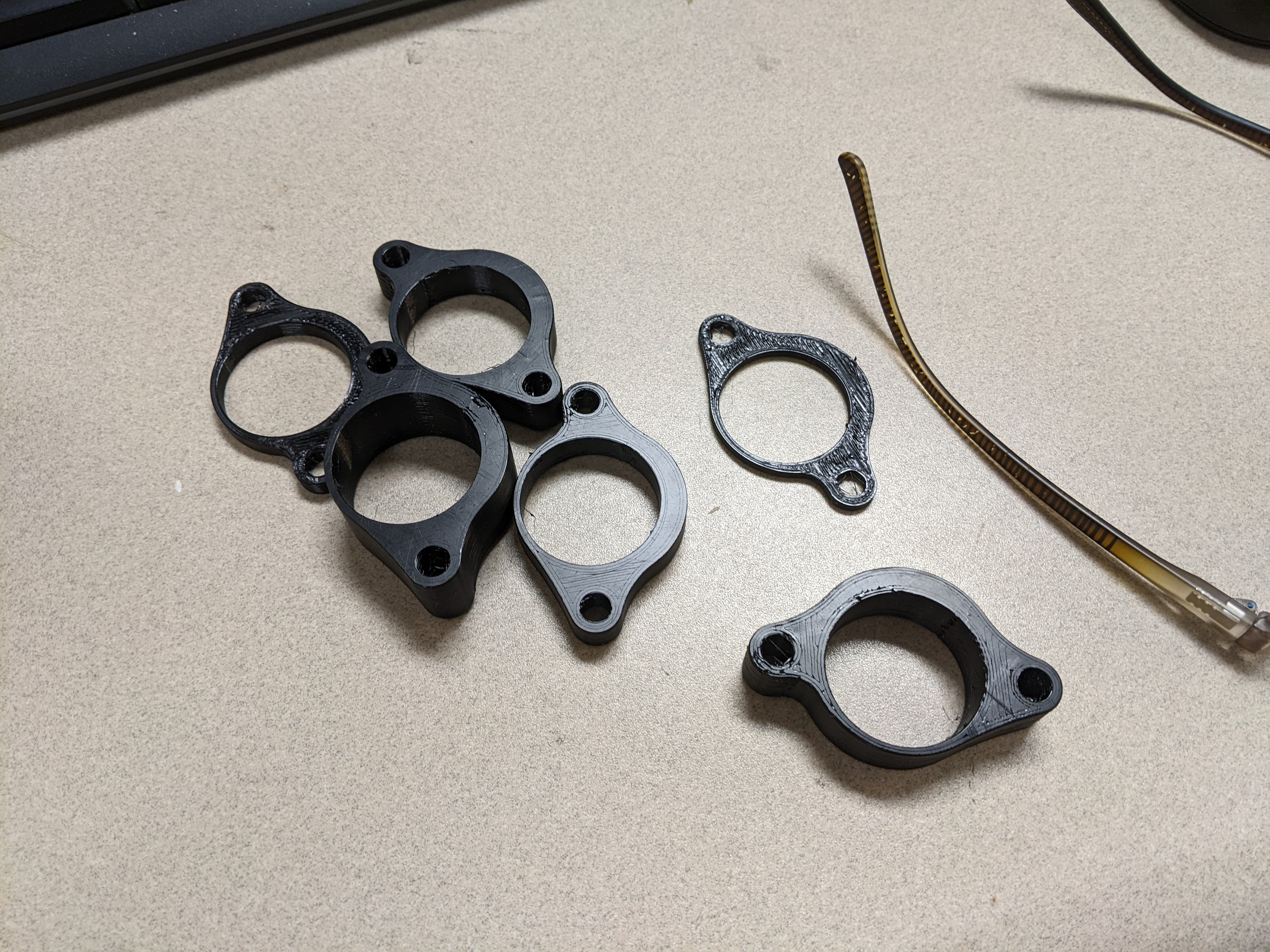3DPrinting
3DPrinting is a place where makers of all skill levels and walks of life can learn about and discuss 3D printing and development of 3D printed parts and devices.
The r/functionalprint community is now located at: or !functionalprint@fedia.io
There are CAD communities available at: !cad@lemmy.world or !freecad@lemmy.ml
Rules
-
No bigotry - including racism, sexism, ableism, homophobia, transphobia, or xenophobia. Code of Conduct.
-
Be respectful, especially when disagreeing. Everyone should feel welcome here.
-
No porn (NSFW prints are acceptable but must be marked NSFW)
-
No Ads / Spamming / Guerrilla Marketing
-
Do not create links to reddit
-
If you see an issue please flag it
-
No guns
-
No injury gore posts
If you need an easy way to host pictures, https://catbox.moe/ may be an option. Be ethical about what you post and donate if you are able or use this a lot. It is just an individual hosting content, not a company. The image embedding syntax for Lemmy is 
Moderation policy: Light, mostly invisible
view the rest of the comments

Make sure you change the specified nozzle size in the printer's settings (not just slicer settings). That matters for the stepper scaling.
Consider you are now extruding a larger volume of filament through a larger nozzle. The reduced amount neckdown from filament size, and larger volume of plastic to cool, means you also need to now print at a LOWER temperature than you would with a 0.4 nozzle, else the plastic will be too liquid and want to run out of the nozzle faster than the filament is pushing it. You also now have more plastic mass pushing against the surface tension, and the increase mass can also not solidify on the part surface fast enough and want to droop over the edge. Back it down to 230c, or even as low as 220c, as well as increase your part fan max speed. See if that improves things.
It's matched on both printer and slicer.
I figured it might be a retraction issue, but I'll experiment with temp change as well while trying a retraction tower